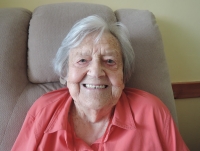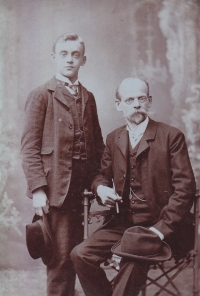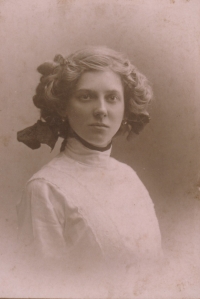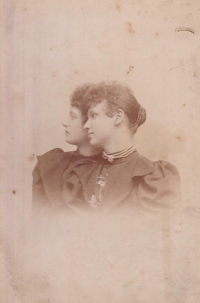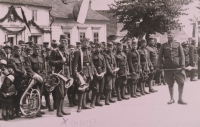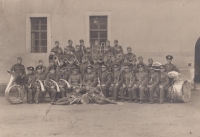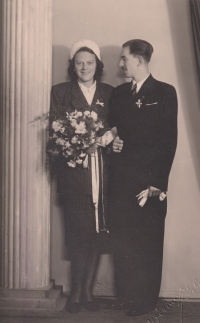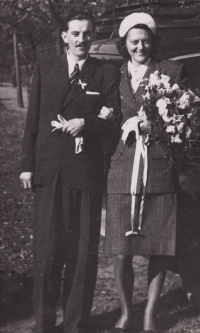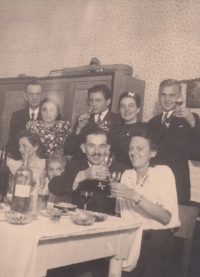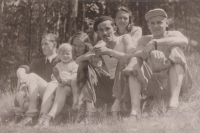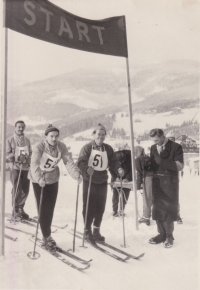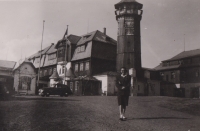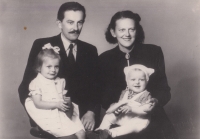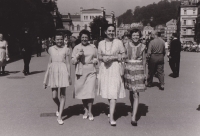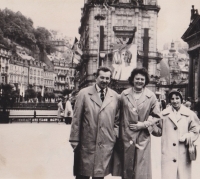I still get chills down my spine. The Germans didn’t imprison, they executed
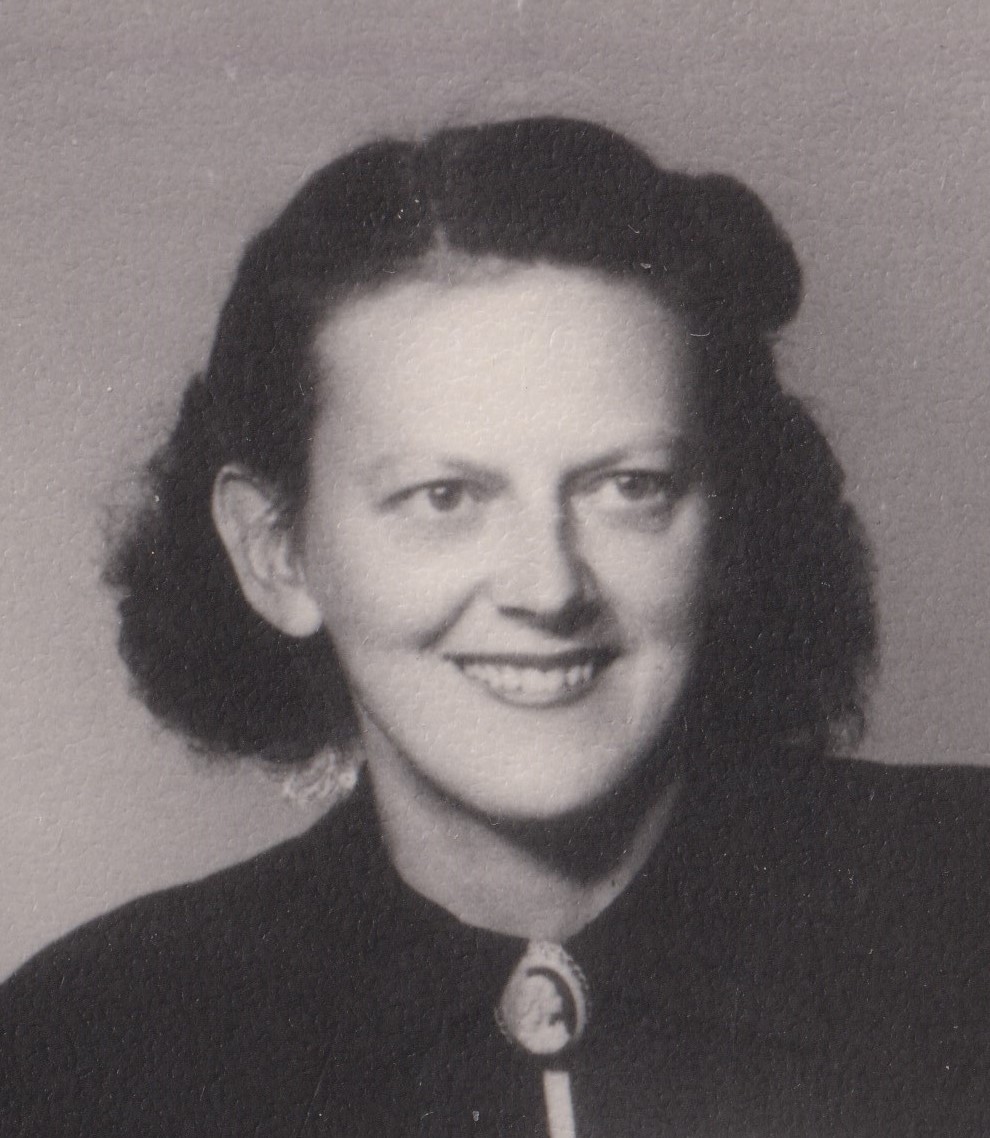
Download image
Marta Henclová was born on 26 January 1920 in Vysoké Mýto. Her father Jan Weisz was a staff sergeant and conductor in the Czechoslovak Army, her mother Božena trained as a hatmaker. After studying at the trade school and her first job in Vysoké Mýto, the witness moved to her aunt’s house in Prague. It was 1939 and the newly nineteen-year-old Marta Henclová found a job in the new Bílá Labut’ department store. Before the shop opened to the public, the witness watched the endless crowds of German soldiers on her way to work, who were taking part in the occupation of Czechoslovakia. No sooner had she mastered the modern system of piped cash registers of the largest department store in Central and Eastern Europe, than she wandered to Čáslav to visit her family. There she joined a Jewish liquor company. To this day, she has not forgotten the terror of the assassination of Reinhard Heydrich. During the war she moved to Cologne and witnessed the shelling of a train. At the end of the war she experienced the bombing of Kolín by the Allied forces. After rejecting a false document about collaboration by a superior, she was fired. She found a new job through an advertisement and, already married, moved to Karlovy Vary in 1947. After more than twenty years of living in the borderlands, her younger daughter Marta emigrated in 1968. Not surprisingly, over the next two decades, the witness greeted the Velvet Revolution with enthusiasm. In 2024, Marta Henclová was living in Karlovy Vary.
